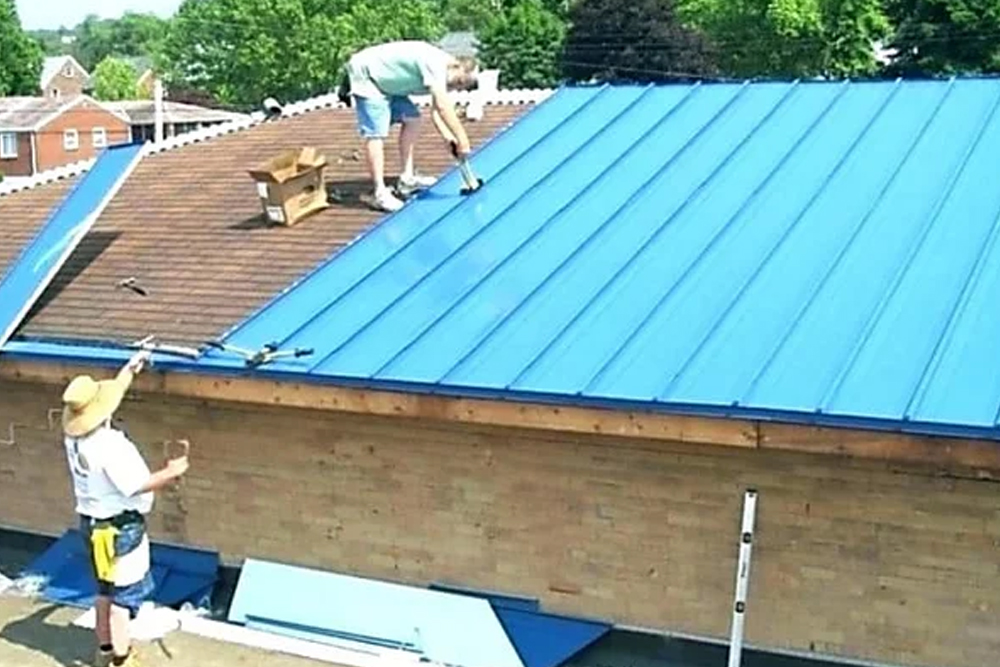A Career Guide to Roofing Jobs: Skills, Requirements and Career Paths
Roofing jobs offer hands-on work in installing, repairing, and maintaining residential and commercial roofs. With skill-building opportunities, steady demand, and the chance to work outdoors, a career in roofing provides both practical experience and a rewarding trade path for those interested in construction.

Essential Skills and Qualifications for Roofing Careers
Successful roofing professionals require a combination of physical capabilities and technical knowledge. Key requirements include physical stamina, balance, and comfort working at heights. Technical skills involve understanding different roofing materials, installation techniques, and safety protocols. Many employers require a high school diploma or equivalent, while some positions may need additional certifications or apprenticeship completion.
Career Advancement in the Roofing Industry
The roofing sector presents clear advancement paths for dedicated professionals. Entry-level workers typically start as roofing helpers or apprentices, learning fundamental skills through hands-on experience. With experience and additional training, workers can progress to journeyman roofers, crew leaders, and eventually project managers or independent contractors. Advanced positions often require business management skills and state-specific licensing.
Compensation and Benefits in Roofing
Roofing professionals’ earnings vary based on experience, location, and specialization. Entry-level positions typically start at hourly rates, while experienced contractors may earn project-based compensation. Benefits often include health insurance, retirement plans, and paid time off, particularly with established companies.
Average Salary Ranges in Roofing (2023 Estimates)
| Position | Experience Level | Estimated Annual Salary Range |
|---|---|---|
| Apprentice Roofer | Entry-Level | $30,000 - $40,000 |
| Journeyman Roofer | Mid-Level | $40,000 - $60,000 |
| Master Roofer | Advanced | $60,000 - $80,000 |
| Roofing Contractor | Business Owner | $70,000 - $120,000+ |
Prices, rates, or cost estimates mentioned in this article are based on the latest available information but may change over time. Independent research is advised before making financial decisions.
Safety and Training Requirements
Safety certification is paramount in the roofing industry. Essential training includes OSHA safety courses, fall protection certification, and material-specific installation training. Many employers provide ongoing safety training and require regular certification updates. Professional organizations like the National Roofing Contractors Association (NRCA) offer additional educational resources and certifications.
Specialization Opportunities in Roofing
The roofing industry encompasses various specializations, including residential, commercial, industrial, and sustainable roofing systems. Each area requires specific expertise and certifications. Green roofing, solar installation, and historical restoration present growing opportunities for specialized skills and knowledge. These specializations often command higher compensation rates and increased demand.
The roofing industry continues to evolve with new technologies and materials, creating ongoing opportunities for professional growth and specialization. Success in this field requires dedication to safety, continuous learning, and strong technical skills, while offering stable career prospects and advancement potential.




